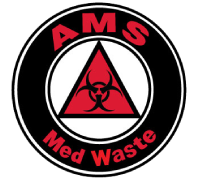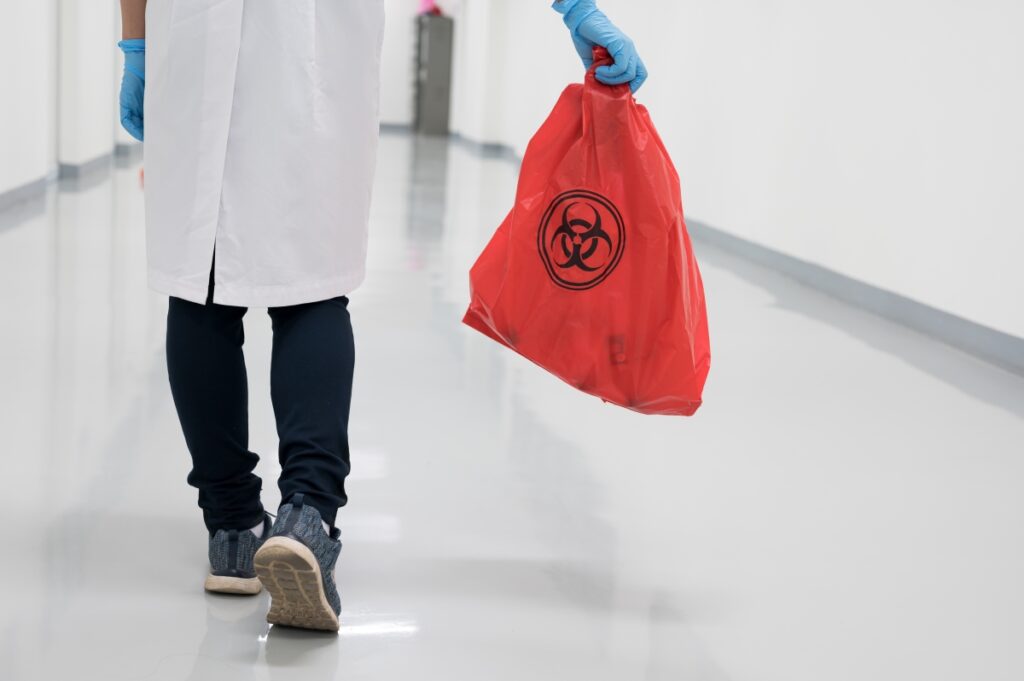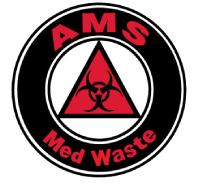Medical waste disposal is a critical process that ensures the safety and health of medical staff, patients, and the general public. However, common mistakes can lead to increased risks and potential hazards. This blog post will shed light on the most frequent errors in medical waste disposal and provide guidance on how to avoid them.
The Importance of Proper Medical Waste Disposal
Proper medical waste disposal plays a pivotal role in healthcare settings, ensuring the safety of patients, healthcare professionals, and the wider public. Medical waste often harbors harmful microorganisms that can lead to infections if mishandled or incorrectly disposed of. Beyond the inherent health risks, inappropriate disposal methods can also result in serious environmental repercussions. These may include contamination of drinking, surface, and groundwater sources, disruption to ecosystems, and, if incinerated incorrectly, contribution to air pollution.
Correct disposal isn’t just a matter of best practice – it’s a legal requirement. Failure to comply can result in substantial fines, penalties, and damage to an organization’s reputation. Effective medical waste management not only enhances safety and minimizes risks but also involves critical practices such as waste segregation and treatment. These practices ensure efficient disposal, prevent cross-contamination and the spread of diseases, and safeguard public health.
Recognizing the significance of proper medical waste disposal and implementing the correct procedures is integral to fostering a safe environment and contributing to global health efforts
Common Mistakes in Medical Waste Disposal
1. Using the Wrong Containers for Medical Waste
One of the most common errors is using inappropriate containers for medical waste. Certain types of waste require specific kinds of containers for safe handling and disposal. For instance, sharps waste like needles and syringes should be disposed of in puncture-resistant containers to prevent accidental injuries.
2. Improper Sharps Disposal
Sharps disposal is another area where mistakes often occur. Sharps should never be discarded with regular waste. Instead, they need to be placed in designated sharps containers immediately after use to avoid accidental injuries and possible infections.
3. Mixing Medical Waste Streams
Medical waste streams should never be mixed. Each type of waste needs to be segregated correctly according to its category. Mixing different types of medical waste can lead to contamination and complicate the disposal process.
4. Safety Issues with Pharmaceutical Disposal
Pharmaceutical waste requires special attention due to its potential for abuse and environmental impact. It should never be mixed with regular medical waste. Instead, it needs to be collected separately and disposed of through a licensed waste disposal company.
5. Poor Training Methods
Inadequate training methods often lead to medical waste disposal mistakes. It’s crucial to provide comprehensive training to all staff members involved in the handling and disposal of medical waste. This helps ensure that everyone is well-versed with the correct procedures and understands the importance of proper waste segregation and disposal.
How to Avoid These Errors
These errors can be avoided by implementing strict practices and collaborating with experts in the field of medical waste disposal. These experts are trained to segregate medical waste properly, separating sharps, pharmaceuticals, and other types of waste into their respective containers, which helps prevent contamination that could occur if regular waste is mixed with hazardous waste. Using the appropriate containers for different types of waste is also essential. These experts know which containers are suitable for sharps, pharmaceutical waste, etc., and understand the importance of using leak-proof and puncture-resistant containers for specific types of waste.
Safe disposal practices are another key aspect. Medical waste management companies are aware that sharps should never be disposed of in regular trash bags but should instead be placed in special sharps containers. Regular training and updates on the latest waste disposal guidelines and regulations ensure that these experts are always equipped with the most current knowledge, which they can then apply to their work.
Lastly, compliance plays a significant role. Medical waste disposal services ensure adherence to local, state, and federal regulations, not only helping to avoid fines and penalties but also ensuring safety for everyone involved. The goal isn’t just to dispose of medical waste; it’s to do so in a manner that is safe for employees, patients, the public, and the environment.
Partner with AMS MedWaste for Comprehensive Medical Waste Solutions
As part of the AMS MedWaste team, we take pride in providing comprehensive solutions for medical waste disposal, including sharps disposal, pharmaceutical waste, and chemotherapy waste management. We offer scheduled pickup to ensure your facility meets all necessary guidelines. Our sustainable solutions convert medical waste into usable fuel, ensuring your waste management practices are not only safe but also environmentally friendly.
If you’re based in Northern Illinois or Southern Wisconsin and need help managing your medical waste, we are here to assist. Our professional team can help you categorize your waste and select the right containers for proper disposal. Contact us today for a quote and take the first step towards safer, more efficient medical waste disposal with AMS MedWaste.






